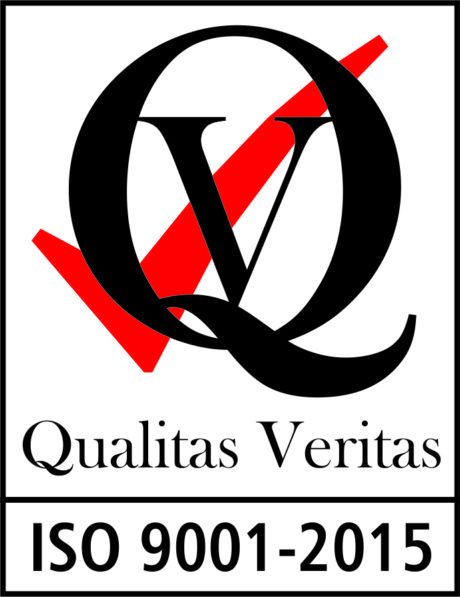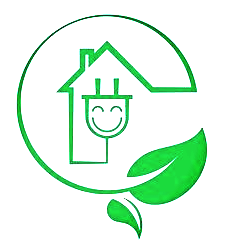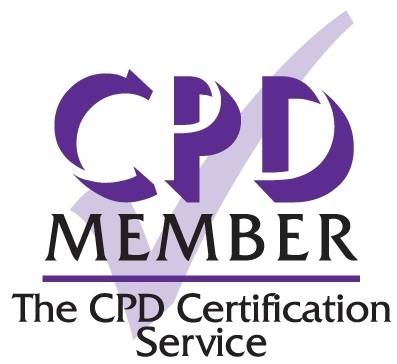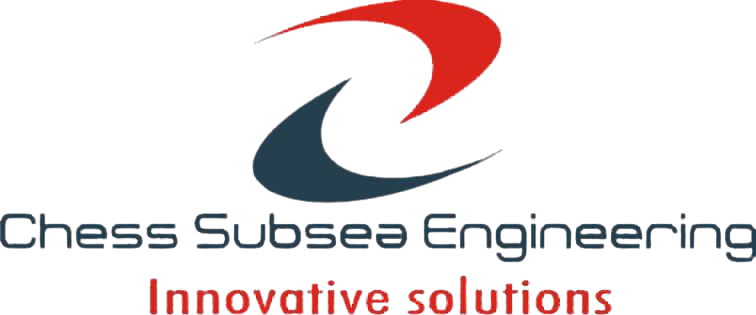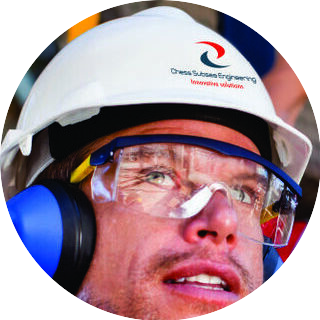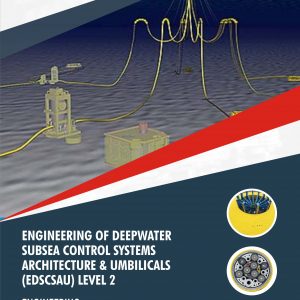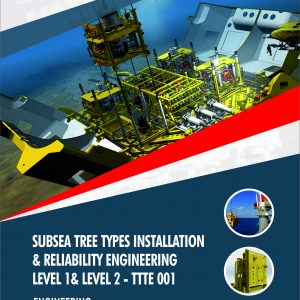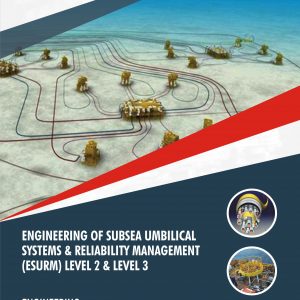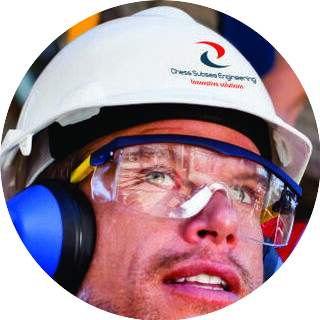Description
OPIC Level 1 provides foundational knowledge and skills in offshore production instrumentation and control for technicians and field engineers. It covers basic concepts, terminology, and safety practices related to instrumentation and control systems used in offshore production facilities.
OPIC Level 2 builds upon the knowledge gained in Level 1 and focuses on more advanced topics. It delves into troubleshooting techniques, maintenance strategies, and system integration for offshore production instrumentation and control.
Both OPIC Level 1 and Level 2 emphasize hands-on training and practical application. Participants engage in practical exercises, simulations, and case studies to develop their technical competencies in operating, maintaining, and troubleshooting offshore production instrumentation and control systems.
OPIC Level 1 introduces participants to various types of offshore production instrumentation and control equipment, such as sensors, transmitters, control valves, and distributed control systems. It familiarizes them with installation, calibration, and basic troubleshooting procedures.
In OPIC Level 2, participants deepen their understanding of complex offshore production instrumentation and control systems. They learn about advanced control strategies, process optimization, alarm management, and safety systems to enhance their expertise in maintaining and optimizing offshore production operations.
Offshore Production Instrumentation & Control for Technicians & Field Engineers (OPIC) Level 1 to Level 2 covers the key aspects of industrial instrumentation and is designed to enable maintenance personnel to carry out commissioning, calibration and maintenance of the typical devices used for measurement in industrial systems.
Course Outlines
Subsea Production Systems
Subsea Field Architecture
Subsea Distribution Systems
Subsea Structures and System Integration
Process Control
Control Loop & Components
Control Loop Classifications
Closed and Open control loops
Automatic and Manual control
Piping & Instrumentation Diagrams
Measurement Terminology
Measuring Instrument
Calibration Terminology
Intrinsic Safety
Electrical Control Loops
Pressure Overview
Pressure Measurement Devices & Sensors
Flow Measurement Devices
Differential Pressure Flow Measurement
Velocity Flow Meters
Mass Flow Measurement
Level Measurement
Types of Level Mesaurement
Hydrostatic Head Level Measurement
Displacer
Ultrasonic & Radar
Nuclear Level Instrument
Temperature Units
Thermometers
Bimetallic Strip
Filled Thermal System
Resistance Temperature Detector (RTD)
Thermistor & Thermocouples
Thermocouples Types, Construction & Tip Styles
Thermowells & Infrared Thermometers
Thermography
Control Valve Components
Basic Valve Components
Control Valve Body & Classification
Types & Classification of Actuators
Valve Failure Mode
Control Valve Accessories
Hand Wheel / Manual Lever
Transducer and Volume Booster
Solenoid Valve
Fail Safe Systems & Limit Switches
Quick Exhaust Valve & Positioner
Digital or Smart Devices
Control Loops and Controller Action
Control Schemes & Types
Industrial Control Systems & Types
Different function between PLC, DCS & SCADA
Comparison between DCS & SCADA
SCADA System Hardware
PLC & DCS Architecture
Field Control Station
Redundancy and Fault tolerance
Types Of interface Cards
Technical Support References
Ref 1: Instrumentation Process Control & Loop Procedures
Ref 2: Instrumentation Process Measurement Basics & Procedures
Ref 3: Instrumentation Pressure Measurement & Procedures
Ref 4: Instrumentation Flow Measurement & Procedures
Ref 5: Instrumentation Level Measurement & Procedures
Ref 6: Instrumentation Temperature Measurement & Procedures
Ref 7: Instrumentation Control Valves & Maintenance
Ref 8: Instrumentation Process Control Loops & Procedures
Ref 9: Instrumentation Control Systems (PLC, DCS, SCADA)
Ref 10: PLC Instrumentation Control Systems Procedures
Ref 11: DCS Instrumentation Control Systems Procedures
Ref 12: SCADA Instrumentation Control Systems Procedures
Assessment
Students underpinning knowledge of Instrumentation & Control will be assessed using questioning during the training and a short answer multiple-choice questionnaire at the conclusion of the course.
Outcome
Participants will gain an in debt understanding of Instrumentation & Control for Offshore Engineers & Technicians at Level 1. They will also be able to function with minimum supervision as Offshore Instrumentation & Control for IOCs, offshore & subsea systems service contractor, vendor or installation company.
Professional Certificate
Issued directly by Chess Subsea Engineering Europe.
Participant may be presented for Offshore Petroleum Training Organization (OPITO) Certification.
How to Register
Click here to download registeration booklet on msword and email completed booklet to info@chesssubseaengineering.org directly.

